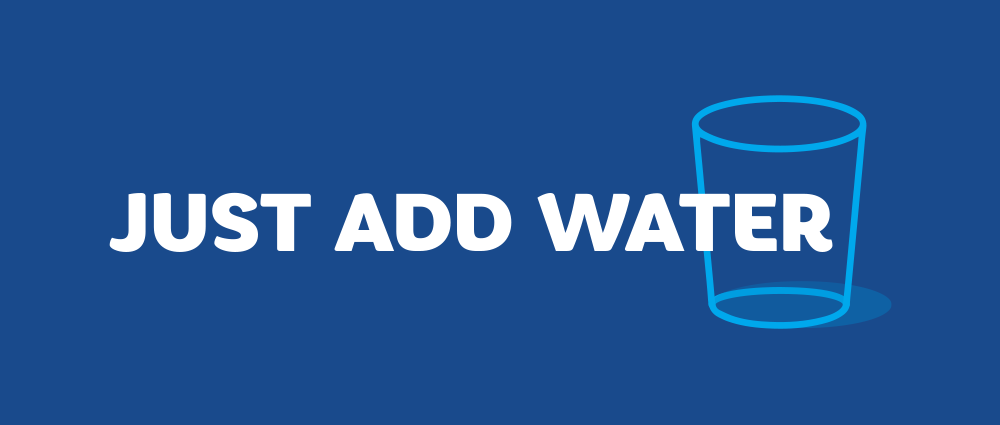
Voice of the Danube
Bonn, Germany, 27–30 October: Organized by UN-Habitat through the Global Water Operators’ Partnerships Alliance (GWOPA) titled "Solidarity in Action: Stronger Utilities for Thriving Cities", the 6th edition of Global WOPs Congress gathered stakeholders from all over the planet for a three-track, four day mega event aimed to empower water operators by advancing knowledge, promoting the exchange of experiences and expertise, and mobilizing support for Water Operator Partnerships.
Convening every two years, this Congress is the foremost meeting place dedicated to water and sanitation utilities within the UN system. It brings together water operators, local and national governments, development partners and a diverse array of stakeholders to exchange knowledge, inspire action, and strengthen capacity to achieve universal access to water and sanitation.

Katerina Schilling, IAWD Secretary General, and Ana Badhofer, IAWD Benchmarking and Partnerships Manager, travelled to Bonn to co-organize two sessions with special relevance for current IAWD projects:
“The Market Intelligence Crisis” was the catchy title of a session on the burning issue of fund placement, or rather misplacement: A much too big share of theoretically available development funds do not end up in utilities where they would be needed the most. Instead, they are burned in feasibility studies and other activities to identify promising projects. Which begs the question of how to avoid unnecessary spending, and how to help Development Finance Institutions (DFIs) to quickly and cheaply identify bankable projects.
Ms Schilling joined the panel describing IAWD's recent experience with acquiring funds for a WOP SEE Platform and the need for replacing the current one-off projects with a more institutional/strategic approach to financing WOPs to ensure proper peer-to-peer capacity building in the Danube region. A lively discussion on investment mechanisms and tools of DFIs ensued between representatives of utilities and donors in the room, hopefully kicking off an ongoing fruitful dialogue.
In the session on “Data to Strategy”, Ms Badhofer presented IAWD's relatively young role as the face of the international benchmarking initiative NewIBNET in the Danube Region, highlighting its importance as a key tool to introduce informed, data-based decision-making in utility management.
It is noteworthy that a widespread lack of data or reliable data quality in the water sector was a recurring topic and identified as highly problematic. In numerous sessions, utility representatives and other stakeholders stressed the importance of proper leadership to ensure continuous systematic data collection across departments, and that unfavorable data should be viewed as room for improvement, and not as damage to the image.
Generally, the Global Water Operators’ Partnerships Congress 2025 lived up to its goal to be a forum for qualified exchange, mutual support and knowledge sharing. Sessions were well attended, and showed more spirited conversations than frontal speeches. Our representatives found ample room for bilateral exchange and networking for establishing a WOP SEE platform and constantly enlarging the NewIBNET community for more significant benchmarking results.
Talks with DFIs, as well as utilities who successfully concluded WOPs brought valuable insights about the donor landscape in times of global budget cuts, and about do's and don'ts when it comes to implementing WOPs. There was also time to meet IAWD and IWA members, UMT participants, and friends from the Danube Region.
All said, the 6th edition of the Global WOPs Congress was a very pleasant and productive experience. We are looking forward to edition number seven in 2027!










